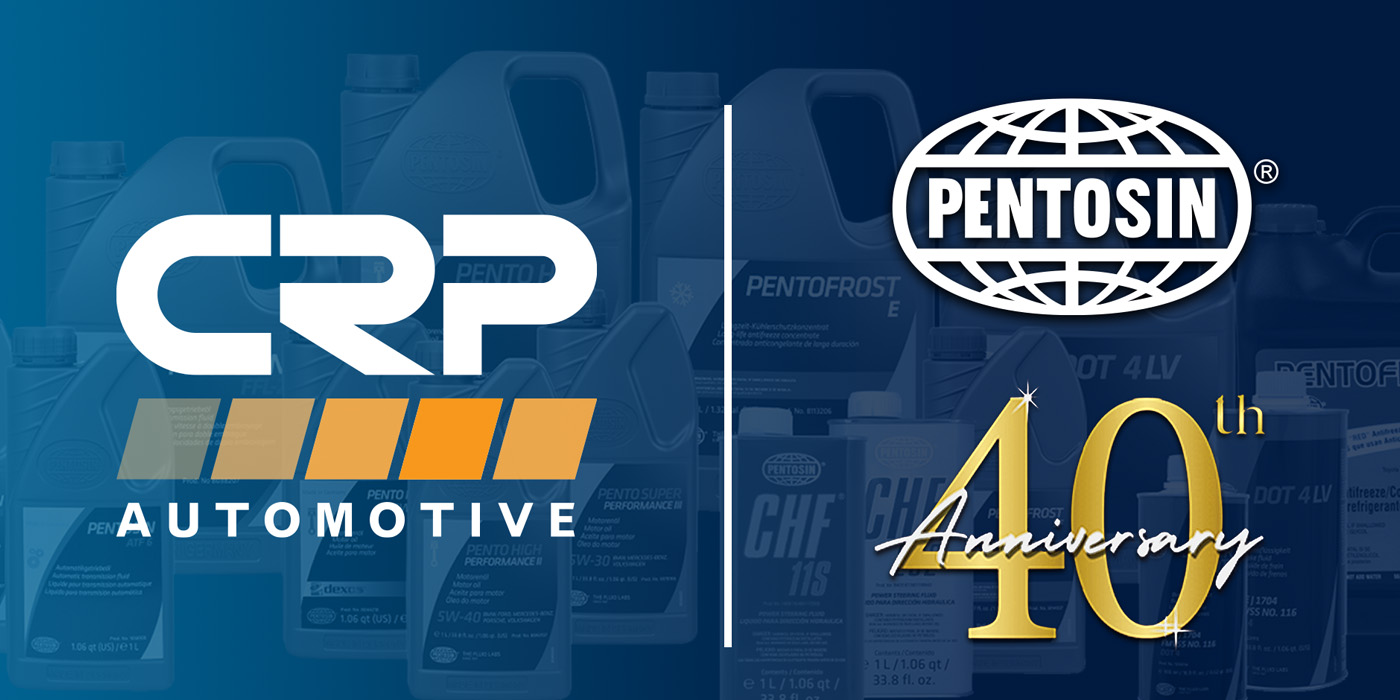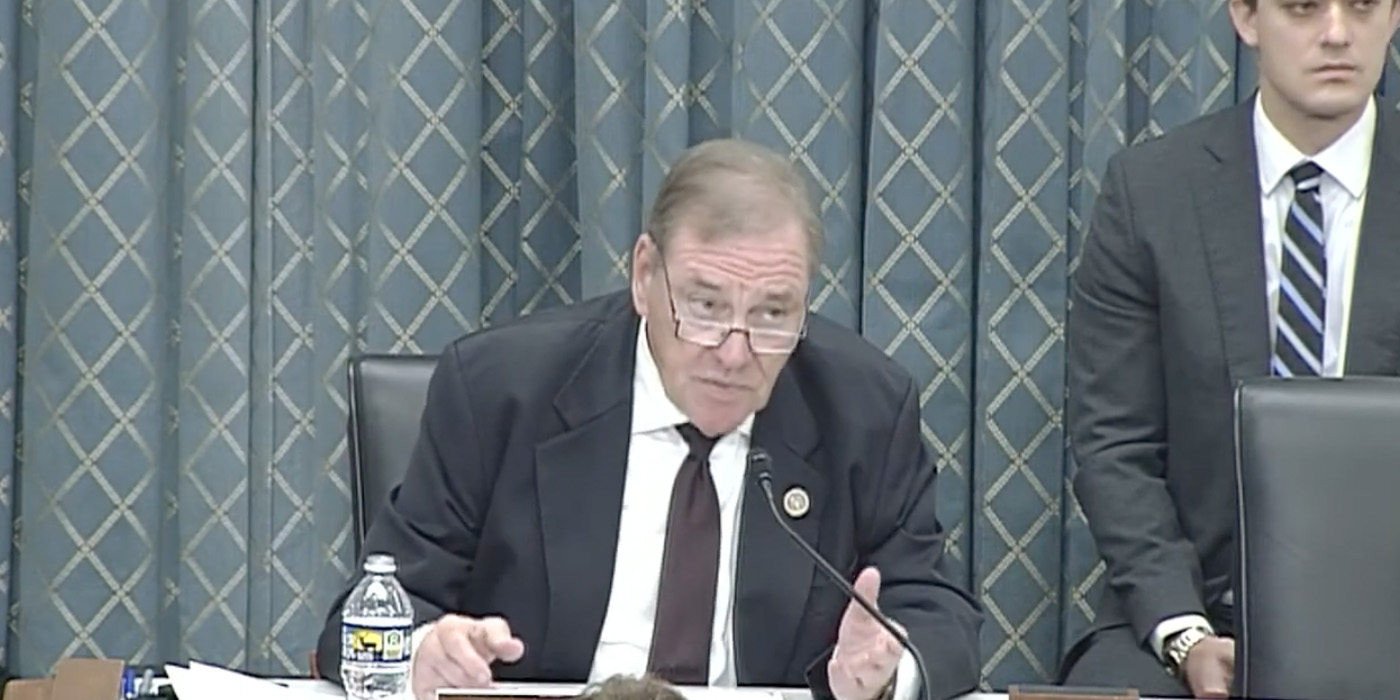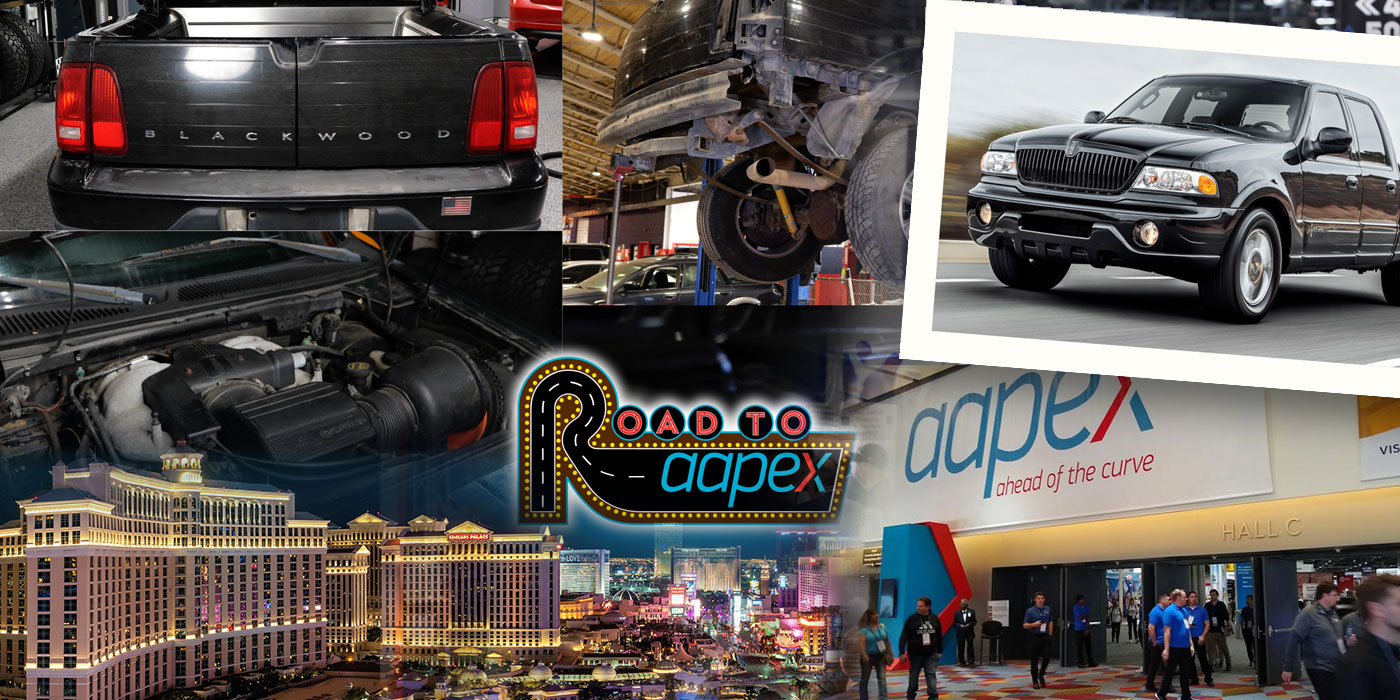The American Petroleum Institute (API) has submitted a request to the Auto/Oil Advisory Panel and the API Lubricants Group to add SAE 0W-8 and SAE 0W-12 viscosity grades to the current ILSAC GF-6 specification.
ILSAC GF-6B currently is applicable only to oils meeting the SAE 0W-16 viscosity grade.
As a result, the Auto/Oil Advisory Panel will be called into session and will be co-chaired by the ILSAC chair and the API Lubricants Group chair. The group first will need to evaluate the request and, if accepted, it will undertake the technical efforts of adopting the new viscosity grades into the category, following the procedures detailed in API 1509, Annex C.
Changes to API SP will be handled by the API Lubricants Group in parallel with any changes for ILSAC GF-6.
API said it anticipates that the SAE 0W-8 and SAE 0W-12 viscosity grades can be fast-tracked for quick approval, with the goal for the new oils to be ready for first license by API by the end of 2022.
The existing GF-6 fuel-economy tests have not demonstrated the ability to accurately measure fuel economy in these ultra-low-viscosity grades, according to API. Therefore, API recommends reliance on a recently published fuel-economy test standard from the Japanese Automotive Standards Organization (JASO).
The test standard, JASO M366 (Automobile Gasoline Engine Oils – Firing Fuel Economy Test Procedure), stipulates a test procedure for the measurement of the fuel-economy performances of these very-low-viscosity gasoline engine oils by the measurement of the fuel consumption using a fired engine test. This test is available in U.S. independent labs and has some Base Oil Interchange and Viscosity Grade Read-Across guidelines.
API said its plan is to adopt this test into GF-6 in a manner to be determined by the Auto/Oil Advisory Panel and establish test limits as set forth in JASO M364 (Automobile Gasoline Engine Oils), which specifies the performance of SAE 0W-8 and SAE 0W-12 viscosity-grade engine oils.
Benefits of Adding Lower Viscosities to ILSAC GF-6
There are a number of benefits to adding the lower viscosities to ILSAC GF-6 now, according to API.
First, it would fill an identified gap for licensing of “low-vis” oils in the global marketplace. In fact, calls for introduction of these grades came early in the development of GF-6 but could not be accommodated at that time because the SAE J300 specification on viscosity-grade classification had not yet defined SAE 0W-8 and SAE 0W-12 viscosity grades, and a test to measure fuel economy was unavailable.
Now that a fuel-economy test exists and that test is referenced, coupled with the fact that the test is confirmed to be available in North America, there no longer is a barrier to adopting the grades into ILSAC GF-6/API SP.
“An important additional benefit to licensing these oils is that there is precedent for EPA recognition of ILSAC engine oil specifications on engine approvals,” API said. “While there are currently not many engines on U.S. roads requiring oils of these viscosity grades, adopting them into ILSAC now could make the path of engine approvals a little less burdensome on future engines.”
API works continuously with the auto industry, oil marketers, additive companies and others to meet the lubricant needs of current and future engines.











